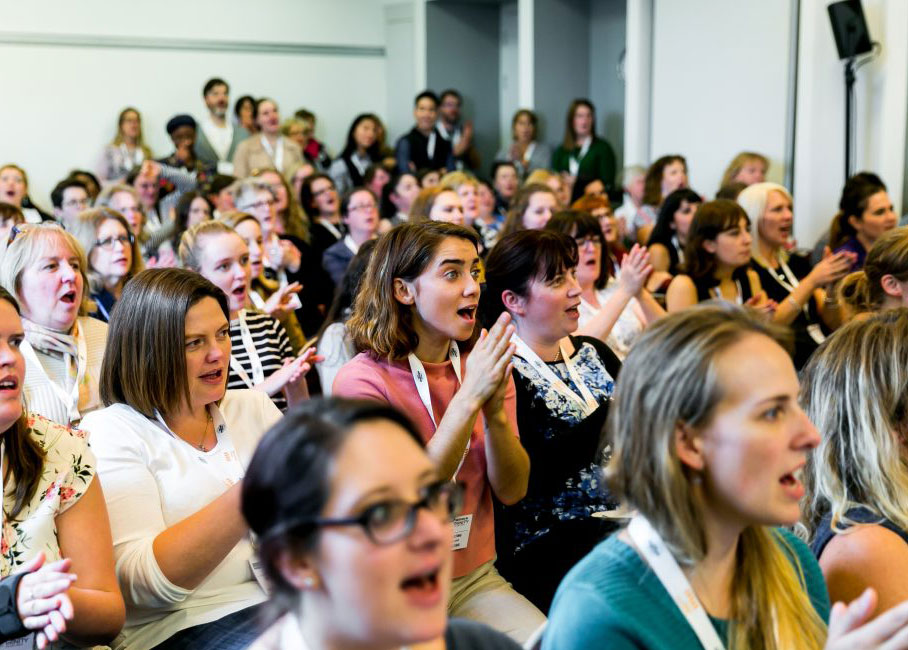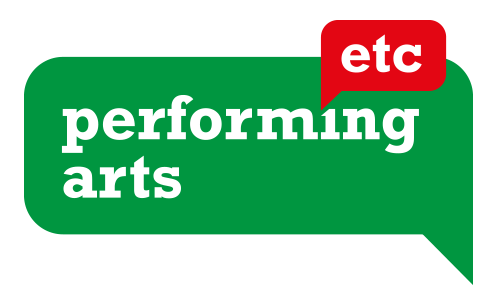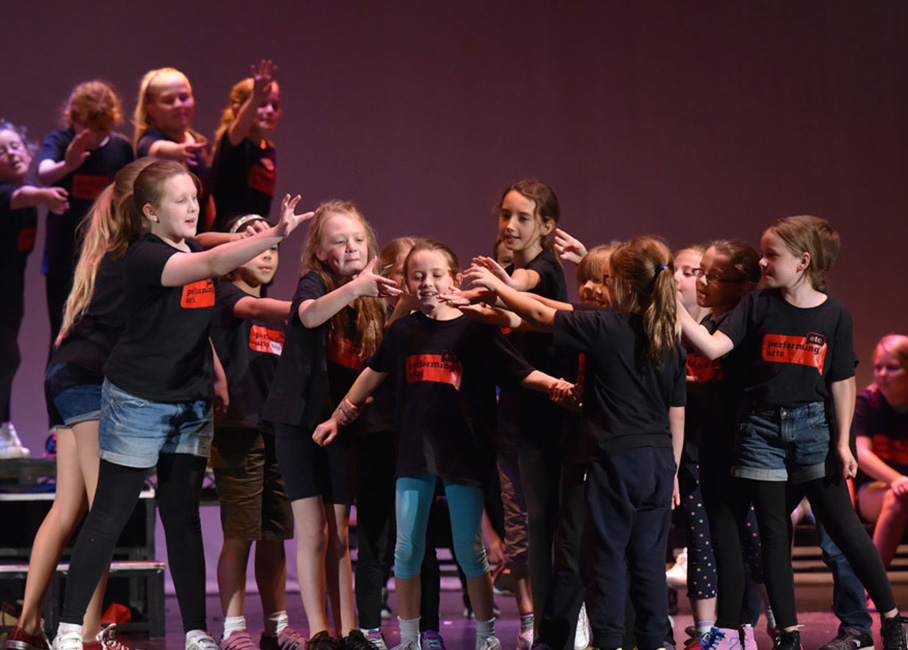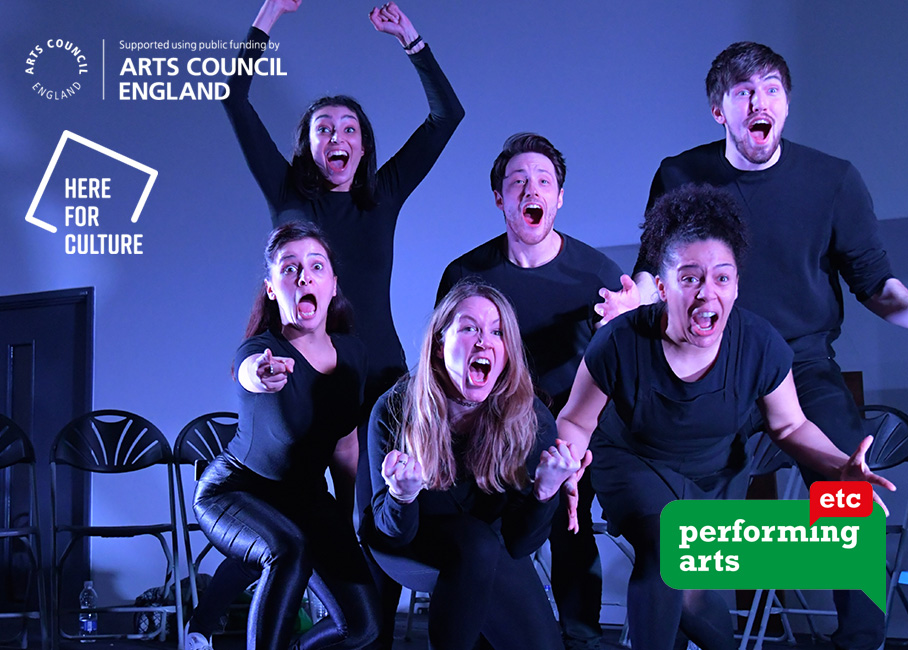
Did you catch Sam’s session at the Music Education Expo in Manchester? If you did – thanks for singing along, it was bags of fun!
In case you didn’t we asked Sam to post a few quick thoughts about Big Sing Songs and why picking the right ones matters so much…
When I’m not running Performing Arts etc I wear different hats with different people. As a mentor for Music for Youth and an adjudicator for the British and International Federation of Festivals it’s my pleasure to see hundreds if not thousands of performances a year by musicians young and, well… less young, up and down the country.
The most successful performances have a few things in common;
-
They are songs that the performers understand and relate to
-
They are songs that are within the range of the performer’s voices
-
They are songs that are singable in the combination chosen



